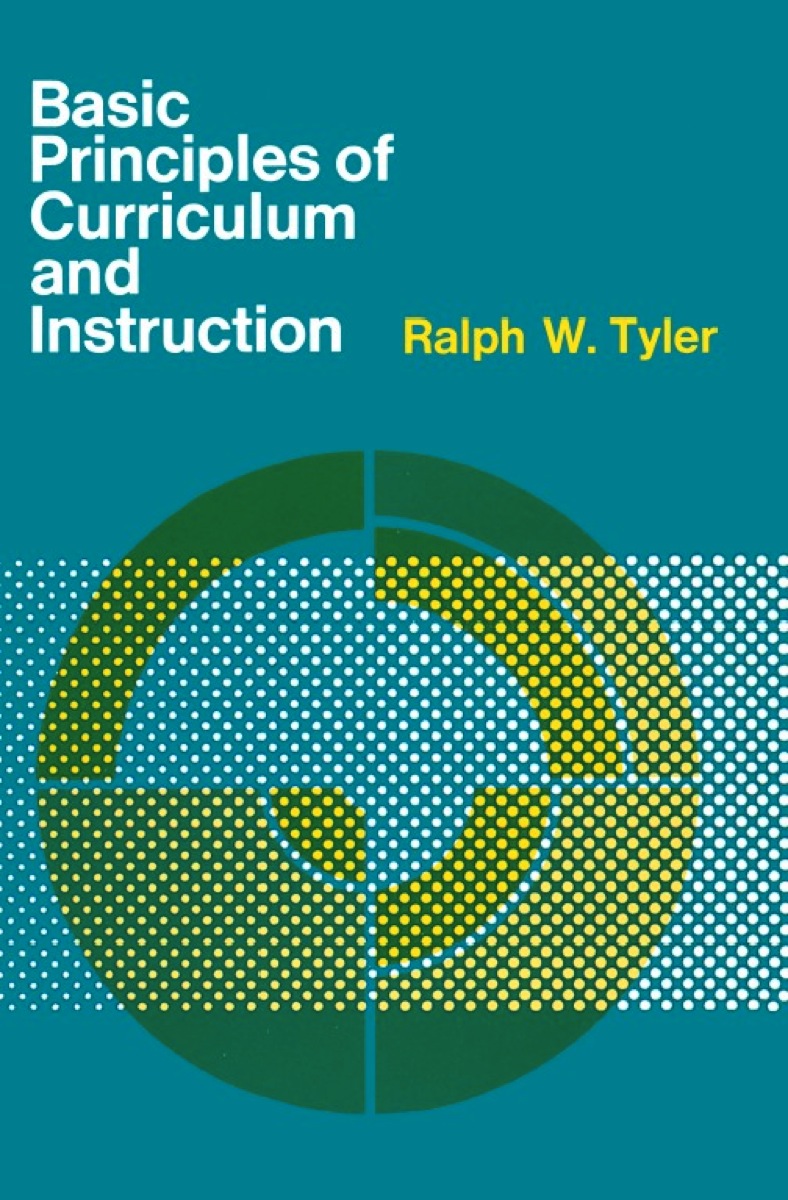Paper: 978-0-226-82031-6 | Electronic: 978-0-226-82032-3
DOI: 10.7208/chicago/9780226820323.001.0001
AVAILABLE FROM
This title is no longer available from this publisher at this time. To let the publisher know you are interested in the title, please email bv-help@uchicago.edu.ABOUT THIS BOOK
The four sections of the book deal with ways of formulating, organizing, and evaluating the educational objectives that have been chosen for the curriculum. Tyler emphasizes the fact that curriculum planning is a continuous cyclical process, involving constand replanning, redevelopment, and reappraisal. Substitution of such an integrated view of an instructional program for hit-or-miss judgment as the basis for curriculum development cannot but result in an increasingly effective curriculum.
AUTHOR BIOGRAPHY
TABLE OF CONTENTS
Introduction
1. What Educational Purposes Should the School Seek to Attain?
Studies of the Learners Themselves as a Source of Educational Objectives
Studies of Contemporary Life Outside the School
Suggestions About Objectives from Subject Specialists
The Use of a Philosophy in Selecting Objectives
The Use of a Psychology of Learning in Selecting Objectives
Stating Objectives in a Form to be Helpful in Selecting Learning Experiences and in Guiding Teaching
Meaning of the Term "Learning Experience"
General Principles in Selecting Learning Experiences
Illustrations of the Characteristics of Learning Experiences Useful in Attaining Various Types of Objectives
What is Meant by "Organization"
Criteria for Effective Organization
Elements to be Organized
Organizing Principles
The Organizing Structure
The Process of Planning a Unit of Organization
The Need for Evaluation
Basic Notions Regarding Evaluation
Evaluation Procedures
Using the Results of Evaluation
Other Values and Uses of Evaluation Procedures
5. How a School or College Staff May Work on Curriculum Building
